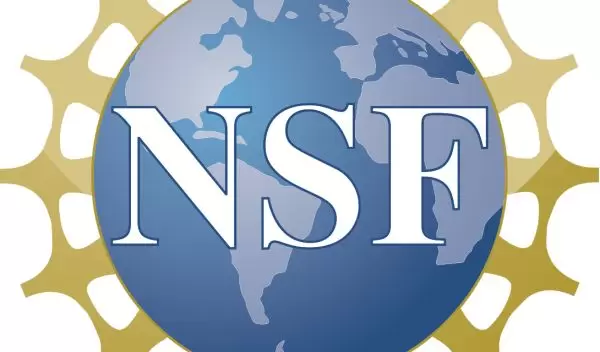
NSF releases JASON report on research security
As part of its ongoing effort to keep international research collaboration both open and secure, the National Science Foundation (NSF) today released a report by the independent science advisory group JASON titled “Fundamental Research Security.”
NSF commissioned the report to enhance the agency’s understanding of the threats to basic research posed by foreign governments that have taken actions that violate the principles of scientific ethics and research integrity. With the official receipt of the report, NSF will now begin the process of analyzing its findings and recommendations.
“NSF takes seriously its obligation to keep basic research open and collaborative while also safeguarding its integrity,” said NSF Director France Córdova. “We commissioned the JASON study to provide a clear picture of the challenges we face and to help chart a course forward. We are fully committed to working with our partners to strike a balance between expanding the global scientific community and shaping policies to protect U.S. research.”
Across the federal government, research agencies are coordinating to address the challenges outlined in the report. These efforts include a new request for information issued by the White House Office of Science and Technology Policy’s Joint Committee on Research Environments that seeks input on how to keep research secure.
“This important report underscores the need for a robust, coordinated approach to strengthen the integrity and security of the U.S. research enterprise,” said OSTP Director Kelvin Droegemeier. “This highlighted need is exactly why the White House Office of Science and Technology Policy launched our JCORE initiative and why we are taking it on the road.”
“The integrity of our research enterprise rests upon core principles and values of transparency, openness, and merit-based competition. Principled international collaboration and foreign scientific talent in the United States are critical to the success of the U.S. research enterprise. Simultaneously, we must safeguard the research community from the threat of foreign government influence. As we continue the hard work in keeping our research secure, we look forward to continuing to coordinate, convene, and partner with all those in the research community to address these complex issues together and to reach innovative solutions.”
For decades, U.S. agencies have worked to foster openness, transparency, and reciprocal international collaboration on basic research (fundamental exploration in science and engineering, which accounts for the majority of the work supported by NSF).
However, today a small group of governments endeavor to benefit from the global research ecosystem without upholding those values. Their tactics include the use of foreign talent recruitment programs with conditions that can require beneficiaries to employ deceptive practices or other behaviors that circumvent the tenets that have allowed international research collaboration to flourish.
NSF and other federal agencies that support research have worked to outline the problem. The independent JASON study affirms the scope and scale of the threat. Four main themes emerged from the JASON study:
- The value of, and need for, foreign scientific talent in the U.S.
- The significant negative impacts of placing new restrictions on access to fundamental research.
- The need to extend our notion of research integrity to include disclosures of commitments and potential conflicts of interest
- The need for a common understanding between academia and U.S. government agencies about how to best protect U.S. interests in fundamental research while maintaining openness and successfully competing in the global marketplace for STEM talent.
Bridging the gap in understanding among academia and government agencies requires addressing another of the report’s findings: that academic leadership and faculties and government agencies have different understandings of the scope of foreign influence in U.S. basic research, the possible risks and the problems that could arise from efforts to respond to the problem.
The report concludes that the problems with foreign influence identified thus far can be addressed within the framework of research integrity.
“We expect that a reinvigorated commitment to U.S. standards of research integrity and the tradition of open science by all stakeholders will drive continued preeminence of the U.S. in science, engineering, and technology by attracting and retaining the world’s best talent,” the report says.


